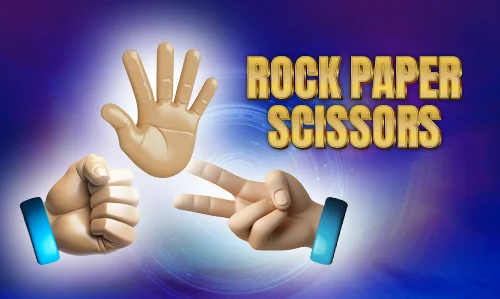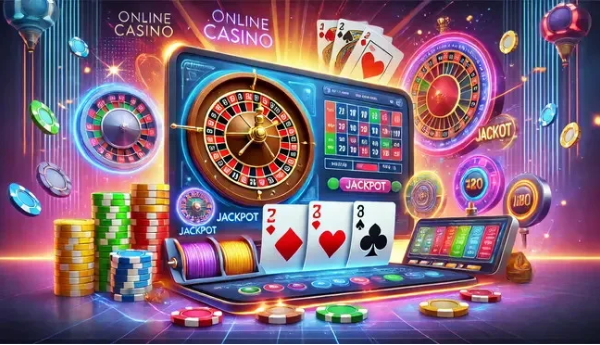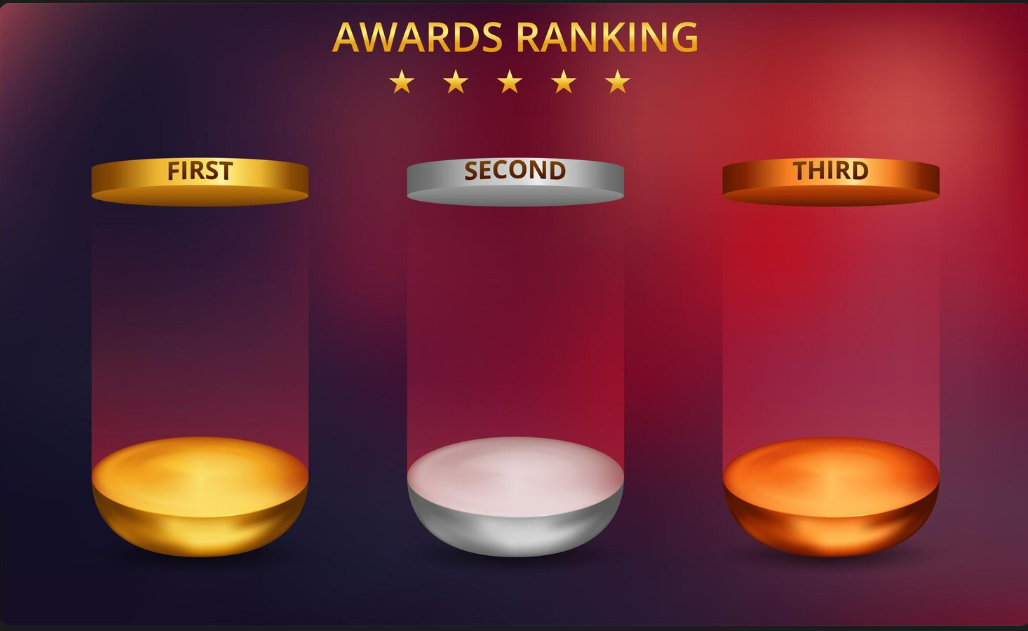
You wake up with a plan. Coffee at eight. Email by nine. One errand, maybe two. Then your phone dies, your meeting moves, and the barista spells your name “Carpet.” Again.
You did everything right. But the day spun off in a different direction.
It happens. Constantly. Because life isn’t a checklist—it’s closer to classic roulette. A spinning wheel, a tiny ball, and a whole lot of variables you can’t control.
You Can Prepare… But You Can’t Predict Everything
There’s comfort in a plan. Bullet journals. Color-coded calendars. Timed reminders. You feel in charge.
Until you don’t.
Classic roulette works the same way. People try to predict where the ball will land. There’s math. Physics. Even some serious scientific attempts to crack the pattern. But at its core, roulette is designed to feel predictable without actually being so.
That’s life. You can map out the route. That doesn’t mean there won’t be traffic, construction, or an unexpected craving for cake that throws everything off.
We want guarantees. We get chances.
Random Isn’t the Enemy
We’re taught to fear randomness. That it’s chaos. That it means failure to plan.
But randomness is also what gives life flavor.
The friend you made because you got stuck in line. The job you landed because someone quit last minute. The time you tripped and met someone who helped you up—and stayed.
Classic roulette isn’t scary because it’s random. It’s fascinating because it is. It reminds us that not everything needs a pattern to be interesting. Or worthwhile.
Some things are better left unplanned.
Control Is an Illusion (A Lovely One, Though)
Let’s be honest. We like feeling in control. It helps us sleep. Helps us function.
But full control? It doesn’t exist. Not really.
Even the most structured life gets sideswiped by a phone call, a rainstorm, or a sandwich that disagrees with you. Pretending otherwise just sets us up to be disappointed when the wheel lands somewhere unexpected.
Classic roulette doesn’t ask you to stop planning. It just shows what happens when outcomes slip out of your grip—and how that’s not always bad.
Sometimes, the surprise is better than the thing you were hoping for.
Why We Keep Trying Anyway
If we know it’s unpredictable, why do we keep trying to guess? Why do we track habits, search for patterns, make decisions based on the last five outcomes?
Because it gives us hope. Structure. A story to tell ourselves.
Even roulette players, knowing it’s designed to be random, try to outsmart the spin. It’s human nature. We’re pattern-seeking machines. We want reasons. Explanations. A way to feel like we’re steering, even when we’re just along for the ride.
That’s not a flaw. That’s part of how we cope. How we keep moving.
The Art of Showing Up Anyway
There’s something freeing about releasing the outcome. Still doing the thing. Still showing up. Still trying. Even knowing it might not work the way you expected.
That’s the mindset of someone who understands how to live with unpredictability, not against it.
It’s booking the trip, even if it rains. Saying what you feel, even if they don’t say it back. Starting the project, even if the ending’s fuzzy.
Classic roulette doesn’t promise a win. But it promises a spin. That’s life. No guarantees, but always another round.
Find Joy in the Spin
What if the point isn’t landing on your number? What if the real value is in the movement? The energy. The momentum. The fact that you played.
We often postpone happiness. “When I get that job.” “When I meet that person.” “When I finally have it all together.”
But what if happiness is less about hitting the jackpot, and more about laughing when the ball lands somewhere ridiculous? Accepting the weird results. Collecting stories, not just successes.
The people who enjoy life most aren’t always the ones who win. They’re the ones who watch the wheel with curiosity, not panic.
Final Thought
You can’t slow the spin. You can’t choose where the ball drops. But you can show up. You can stay open. You can release the idea that control equals safety.
Classic roulette is a reminder that unpredictability isn’t a threat—it’s just how this ride works. The more you resist it, the more it trips you. The more you lean in, the more it surprises you.
So make your plans. Then let go. Let things play out.
And if the wheel has other ideas?
Let it spin.
Because life isn’t about getting it “right.” It’s about staying in the game long enough to see what happens next. Let the weird choices unfold. Let the missteps turn into memories. Let go of needing to win, and let yourself experience. That’s where the joy lives—in the spin, not the outcome.







